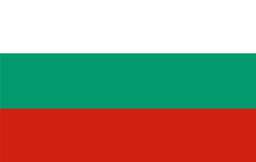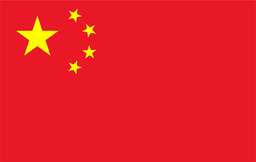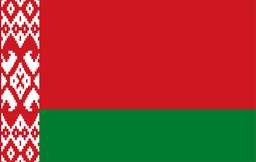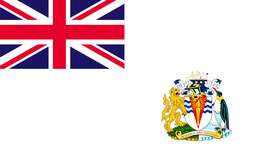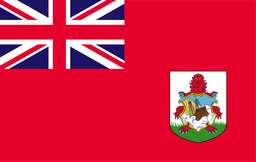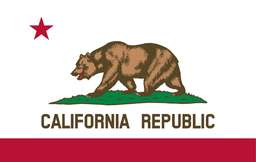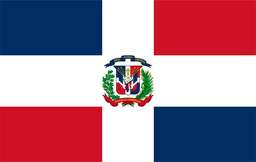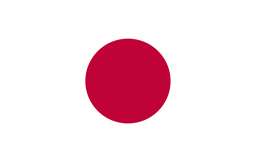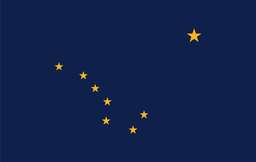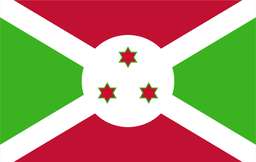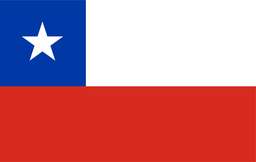Austria is a landlocked country in Central Europe, known for its mountains, rivers, and long cultural tradition. The history of Austria is closely connected with the rise and fall of great European empires, especially the Habsburg monarchy, and with the political and cultural development of Europe itself. From ancient times to the modern republic, Austria’s past explains why it became an important center of art, music, diplomacy, and politics.
Austria’s position in the heart of Europe made it a bridge between Western and Eastern Europe. For centuries, trade routes, armies, and ideas passed through this region, shaping its unique identity.
Geography and Historical Importance
Austria’s geography played a major role in its historical development. The Alps cover a large part of the country, while the Danube River connects Austria to Central and Eastern Europe. These natural features made Austria both well protected and well connected.
Because of its location:
- It became an important trade route
- It served as a defensive barrier against invasions
- It connected different European regions and cultures
Early Human Settlement
Human life in the area of modern Austria goes back to prehistoric times. Early people lived near rivers and fertile lands, where they could hunt, farm, and build small communities. Over time, these settlements grew and became part of larger regional cultures.
Roman Rule in the Region
During ancient times, much of Austria was part of the Roman Empire. The Romans built roads, towns, and military camps, especially along the Danube. Roman rule brought:
- Organized administration
- Trade and economic growth
- Roman law and culture
Many modern Austrian cities developed from these Roman foundations.
Christianity and the Early Middle Ages
After the fall of the Roman Empire, Christianity slowly spread across the region. Churches and monasteries became centers of learning, culture, and local administration. During this time, the area that would become Austria developed as a border region that protected Central Europe from invasions from the east.
The Rise of Medieval Austria
In the Middle Ages, local rulers began to strengthen their control over the land. The Babenberg dynasty played an important role in expanding and organizing the region. Vienna started to grow into an important political and economic center.
The Habsburg Dynasty and the Growth of Power
A major turning point came when the Habsburg family rose to power. For many centuries, the Habsburgs ruled Austria and large parts of Europe. Through marriages, wars, and diplomacy, they built one of the largest and most powerful empires in European history.
Under Habsburg rule:
- Austria became a major European power
- Vienna turned into an imperial capital
- Politics, art, and culture flourished
Austria as a Cultural and Political Center
Austria became famous across Europe for music, architecture, and education. Vienna attracted composers, artists, and scholars from many countries. At the same time, Austria played a key role in European diplomacy and international politics.
Conflicts and the Ottoman Threat
For centuries, Austria faced military threats, especially from the Ottoman Empire. Vienna was besieged twice, but both times the city survived. These events strengthened Austria’s role as a defender of Central Europe and increased its political influence.
The Austrian Empire and Austria-Hungary
In 1804, Austria became an official empire. Later, in 1867, it was reorganized into the dual monarchy of Austria-Hungary. This state included many different nationalities, languages, and cultures. Managing such diversity became one of the empire’s greatest challenges.
World War I and the End of the Empire
World War I brought disaster to Austria-Hungary. In 1918, the empire collapsed, and Austria lost most of its territory. The country became a small republic, facing economic problems and political instability.
Between Two World Wars
The period between the two world wars was difficult. Democracy was weak, and the economy struggled. In 1938, Austria was annexed by Germany, and it lost its independence.
World War II and Its Aftermath
Austria suffered greatly during World War II. After the war, the country was occupied by Allied forces. In 1955, Austria regained full independence and declared itself permanently neutral.
Modern Austria
Since regaining independence, Austria has developed into a stable and prosperous democratic country. It plays an active role in European and international affairs and is known for its high quality of life, strong economy, and rich cultural traditions.
Society, Culture, and Identity
Modern Austrian identity is shaped by:
- Its imperial history
- Its cultural achievements in music and art
- Its commitment to democracy and neutrality
Austria continues to balance respect for tradition with modern development.
Conclusion
The history of Austria is a story of rise, power, collapse, and renewal. From a Roman frontier and medieval duchy to the heart of a great empire and finally a modern neutral republic, Austria has constantly adapted to change. Understanding this long and complex past helps explain Austria’s important role in European culture and politics today.



